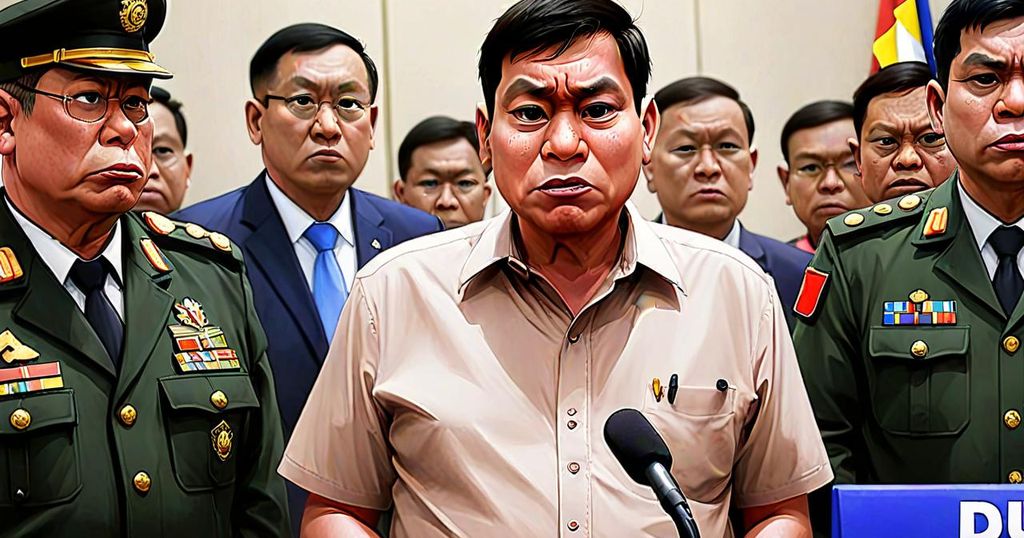The political landscape in the Philippines is currently witnessing notable changes, particularly in relation to the ongoing investigation by the International Criminal Court (ICC) into President Rodrigo Duterte’s campaign against drugs and alleged death squad activities. Non-opposition legislators are now adding their voices to the call for the Philippine government to cooperate with the ICC’s investigation, marking a significant shift in the political climate.
The recent resolution introduced by Representatives Bienvenido Abante and Ramon Rodrigo Gutierrez on November 20 serves as a clear indication of this changing dynamic. It urges government agencies to fully cooperate with the ICC Prosecutor in the investigation of any suspected crimes falling within the ICC’s jurisdiction. This move is particularly noteworthy as it demonstrates a departure from the strong opposition to the ICC investigation that characterized President Duterte’s administration.
Another noteworthy development is the evolving position of key figures in the government, particularly amidst reported strain in the relationship between President Duterte and President Ferdinand Marcos Jr. One prominent figure in this shift is Jesus Crispin “Boying” Remulla, who previously held firm stances against the ICC but is now advocating for a thorough examination of cooperation with the ICC.
The support from domestic lawmakers and government agencies is crucial in granting ICC investigators better access to evidence and ensuring the enforcement of any potential warrants or summonses. Former senator Leila de Lima, a vocal advocate for justice for the victims of the drug war, has expressed her readiness to assist the ICC investigation in any capacity.
The changing political landscape is also evident in the evolving stance of the House of Representatives, which had previously aligned itself closely with President Duterte. With President Marcos Jr. aiming to foster a positive image on the international stage, human rights issues have transitioned from being a liability to a potential political asset. This shift has been positively received by human rights advocates, signifying a significant step in the right direction.
The upcoming actions of legislators in both the House and the Senate will be closely monitored as they play a crucial role in advancing these initiatives. The support of lawmakers in these endeavors is not only a principled stance for accountability but also a step towards deterring future crimes.
The recent release of Leila de Lima, renowned for her efforts in investigating extrajudicial killings, further bolsters the momentum behind the pursuit of justice. Her expertise and the government’s cooperation are viewed as essential in strengthening the ICC investigation. However, it is important to note that these developments are still in the proposal stage and further actions are required to actualize these intentions.
In conclusion, the evolving political dynamics and the growing support for the ICC investigation into Duterte’s drug war reflect a significant shift in the approach towards human rights and accountability in the Philippines. The newfound cooperation and willingness to assist the ICC investigation signal a positive step towards seeking justice for the victims and deterring future crimes.
As these developments continue to unfold, it is imperative to monitor the actions of key stakeholders and maintain a vigilant stance in upholding the principles of justice and accountability. The voices of advocates, lawmakers, and government officials play a vital role in shaping the trajectory of these initiatives, and their commitment to these efforts is paramount in ensuring progress in the pursuit of justice.

Leave a Reply